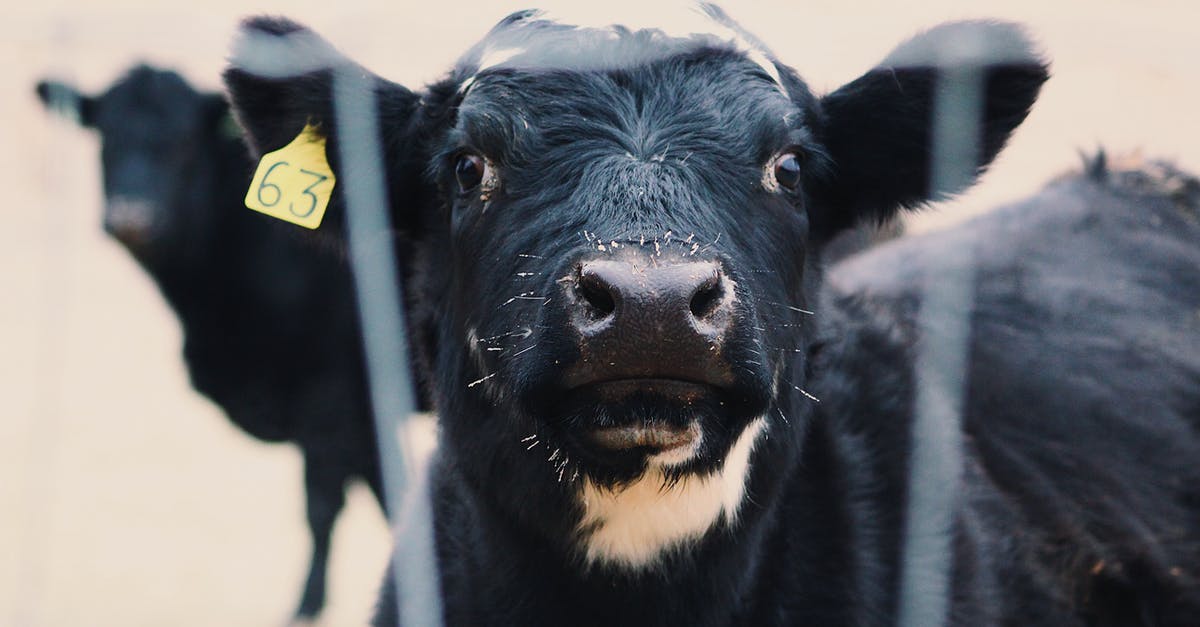What should I look out for when creating my own beef jerky marinades?

I have had some success with making beef jerky at home in my food dehydrator. I would like to try and start experimenting with some original recipes. A whole host of questions:
- What sorts of ingredients can I use in my marinades?
- Does it matter how thick / thin the marinade is?
- Can I use fresh ingredients (chopped ginger for instance) or should I start with dry?
- Can I use maple syrup / molasses instead of sugar?
- Is salt (or soy sauce) an important part of the process or can I leave it out?
I'm not looking for specific recipes, but rather the basic attributes of a jerky marinade so that I can be inventive without throwing too many batches out (or being unsafe if salt is required for the drying process).
Best Answer
I have to admit that I haven't tried a lot of free-form jerky experiments so take what I say with a grain of salt. (see what I did there?)
Jerky is a double action meat preservation method. You soak the meat with way too much salt and then dehydrate it. Bacteria don't stand a chance. As Alton says in that episode "Club med becomes club dead". Not one of his best puns but it gets the point across.
Salt (or soy sauce, same thing) isn't required for the drying process but it is important for long term preservation. I have seen recipes that try to reduce it but I would never leave it out altogether. I would expect a reduced salt recipe to not have the longevity that most jerky has- If stored in an air tight container it will last nearly forever.
The non-salt ingredients don't really matter as long as they won't oxidize or pick up bad flavors during dehydration. The type of sugar also doesn't matter- although the recipes I prefer don't include any.
I honestly don't know about viscosity- I would expect it to need enough liquid to carry the salt into the meat. That would take some experimenting.
It is very important that there be as little fat as possible. The leaner the meat the better and don't add any to the marinade. Fats will go rancid quite quickly when exposed to so much air.
Lastly- I think I've posted this recipe before as the answer to some other question but it bears repeating. This family recipe is my favorite by far and I use it as a starting point for any experimenting:
Auntie Fern's Beef Jerky
- 3 lbs. deer meat or beef, sliced thin
- 1 T salt
- 1 tsp garlic powder
- 1 tsp onion powder
- 1 T pepper (I like coarse ground)
- 1/4 c. soy sauce
- 1/3 c. Worcestershire sauce
- 1/3 c. liquid smoke (hickory flavor)
Combine and marinade 12 hours. Drain. Dry.
Pictures about "What should I look out for when creating my own beef jerky marinades?"



How do you make beef jerky marinade?
Make the Marinade In a medium bowl, combine the brown sugar, soy sauce, Worcestershire sauce, smoked paprika, meat tenderizer, black pepper, red pepper flakes, onion powder, and garlic powder. Whisk until evenly combined and the sugar is dissolved.How long is too long marinating jerky?
Bathe That Jerky Place the whole bag into the fridge to thoroughly marinate for up to 24 hours, but no fewer than 4 hours. The longer you marinate, the deeper your flavor and tenderizing action.What happens if you marinate jerky too long?
What Happens if you Marinate Beef Jerky Too Long? If you marinate beef for too long, the marinade will act on the protein of the meat and will make it mushy. This can also alter the flavor of the meat. Thus, when you cook the meat after marination, you will not get the intended results in your recipe.Is homemade beef jerky safe?
Jerky can be considered \u201cdone\u201d and safe to eat only when it has been heated sufficiently to destroy any pathogens present and is dry enough to be shelf-stable. Shelf-stable means the jerky can be stored at room temperature and will not support microbial growth.I am giving you my SECRET technique to make Perfect BEEF JERKY
More answers regarding what should I look out for when creating my own beef jerky marinades?
Answer 2
In my research of making jerky, I found a few tips that helped. 1. reserve a small portion of your batch for experimentation, for example, marinade 80-90% of the meat in a tried and true recipe like the one above and for the remaining 10-20%, alter the recipe, add something remove something or try something totally different and see how it goes, this way you are not committing the whole batch on something you may not like. 2. keep notes on every batch, what you used what you did, did you like the results what could be done different next time. how did the 10% experiment come out? good enough to make a whole batch?
Answer 3
If you plan to omit the salt, keep the jerky in the fridge. My basic venison jerky recipes both call for a lot of kosher salt. I do a soy and brown sugar marinade with garlic powder and black pepper. The other one I do is a apple cider vinegar venison jerky.
You can play with all sorts of flavorings, but if you lessen or omit the salt, keep it in the fridge.
Also, I have a dehydrater and hate it. I line cookie sheets with foil, set the oven heat at the lowest it will go, and prop open the oven door with a cookie cutter to let the air circulate. It takes about 2 hours for me to dry out a batch of jerky that way.
Sources: Stack Exchange - This article follows the attribution requirements of Stack Exchange and is licensed under CC BY-SA 3.0.
Images: Artem Podrez, Artem Podrez, Artem Podrez, Noelle Otto
